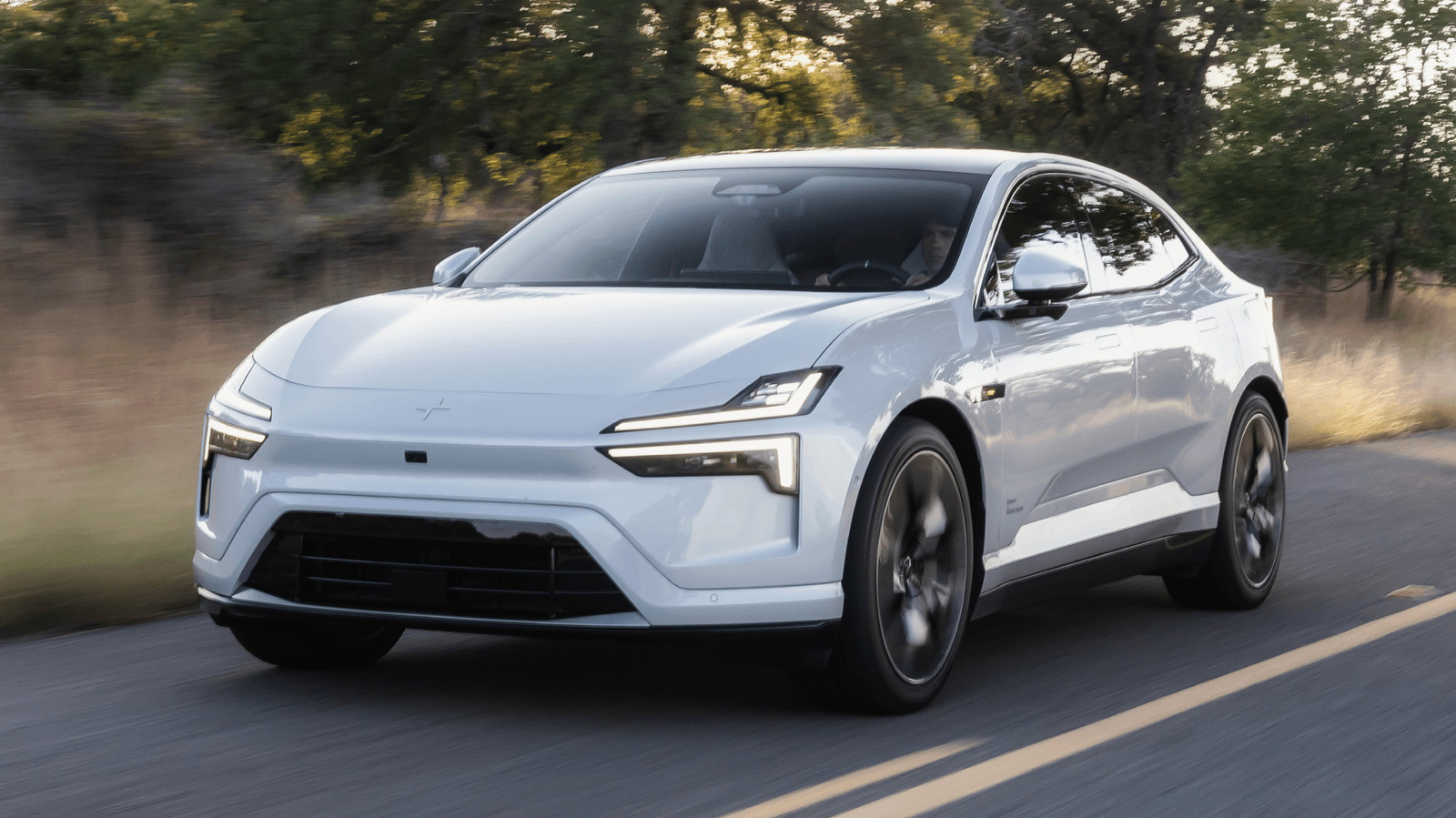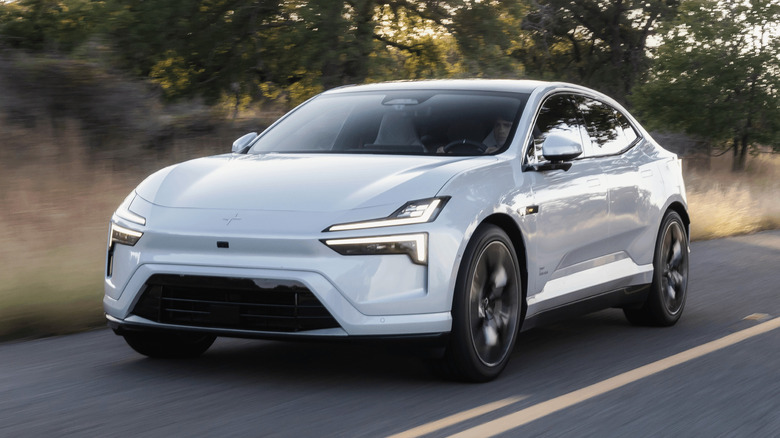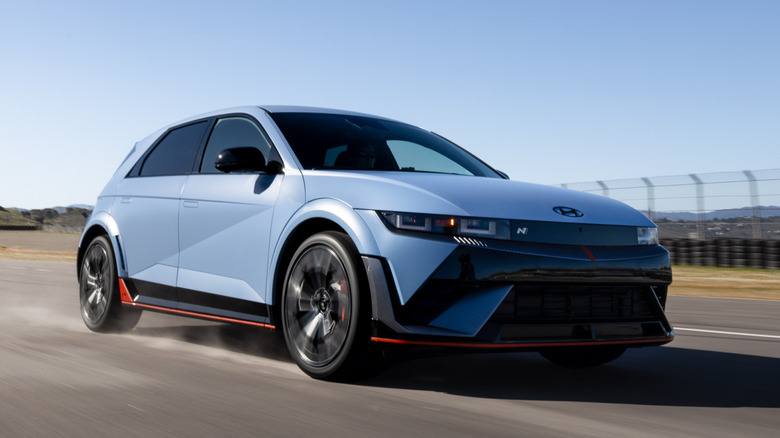Any time you start talking about electric vehicles, someone is inevitably going to bring up the cost to replace the battery pack if it ever goes bad. Sometimes, they present themselves as concerned consumers who just don’t want to make a bad purchase, but other times, they’re just EV-hating trolls. Sure, you may love your car now, but just wait until you have to replace the battery and end up bankrupt! And while we’ve known their concerns were overblown for a while, as InsideEVs reports, the latest research now shows they’re completely full of crap.
According to research from Recurrent, an EV battery-tracking startup, while some early EVs did experience battery degradation issues that didn’t make them good long-term buys, that isn’t really the case today. In fact, as Liz Najman, Recurrent’s director of market insights, told InsideEVs, “It’s very rare that you will need to get a battery replaced.” Najman did acknowledge that some batteries may have the occasional defect, “But generally, once cars are on the road and operating well, once you’re sort of in business, no, there’s not really a major concern about it.”
And Recurrent’s numbers show it, too. If you ignore major recalls over batteries with manufacturing defects, like with the Chevrolet Bolt and Hyundai Kona, Recurrent found the battery replacement rate on EVs is about 4%. Those numbers are also skewed slightly by early EVs. What Recurrent considers first-generation EVs built between 2011 and 2016 had a battery replacement rate of about 8.5%, with second-generation vehicles built between 2017 and 2021 dropping that figure to about 2% and Gen 3 vehicles built from 2022 on showing only 0.3%
Technology improves over time
Of course, newer cars are less likely to need battery replacements due to age, which tends to be EV skeptics’ biggest concern, so you would expect older EVs to have more battery replacements anyway, but you also can’t forget that technology has also evolved over the last decade, and more mature technologies tend to be more reliable long-term. The Nissan Leaf, for example, didn’t initially come with a battery cooling system that would have prevented the battery packs from degrading as quickly as many of them have.
“When you start to get into the generation-two EVs, which are your Chevy Bolts, your early Tesla Model 3s, the technology has really improved a ton. And you see that in the replacement rate dropping,” Najman told InsideEVs. And while the average person may not notice it, battery management systems have also only gotten better with time. As Najman put it when she spoke with InsideEVs, “I think that OEMs have really figured out how to keep lithium-ion batteries safe and happy.” At this point, Recurrent expects the batteries in new EVs to work just fine for at least 15 years.
Will there still be some individual EVs that occasionally have problems? Sure. The good news is, batteries come with warranties, too, and they typically last for years past when your bumper-to-bumper warranty ends. And it’s not like gas-powered cars don’t occasionally need engine replacements, either. Sometimes it’s because of a manufacturing defect, and sometimes it’s just wear related to age, but engines aren’t perfect, and they don’t last forever. Nor are they cheap to replace.
Not that any of this will actually change certain people’s minds when, the way they see it, electric cars are still for liberals and, therefore, bad. Can’t let the evidence get in the way of a political point, you know.




